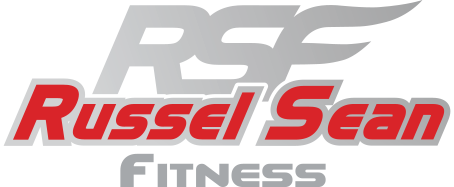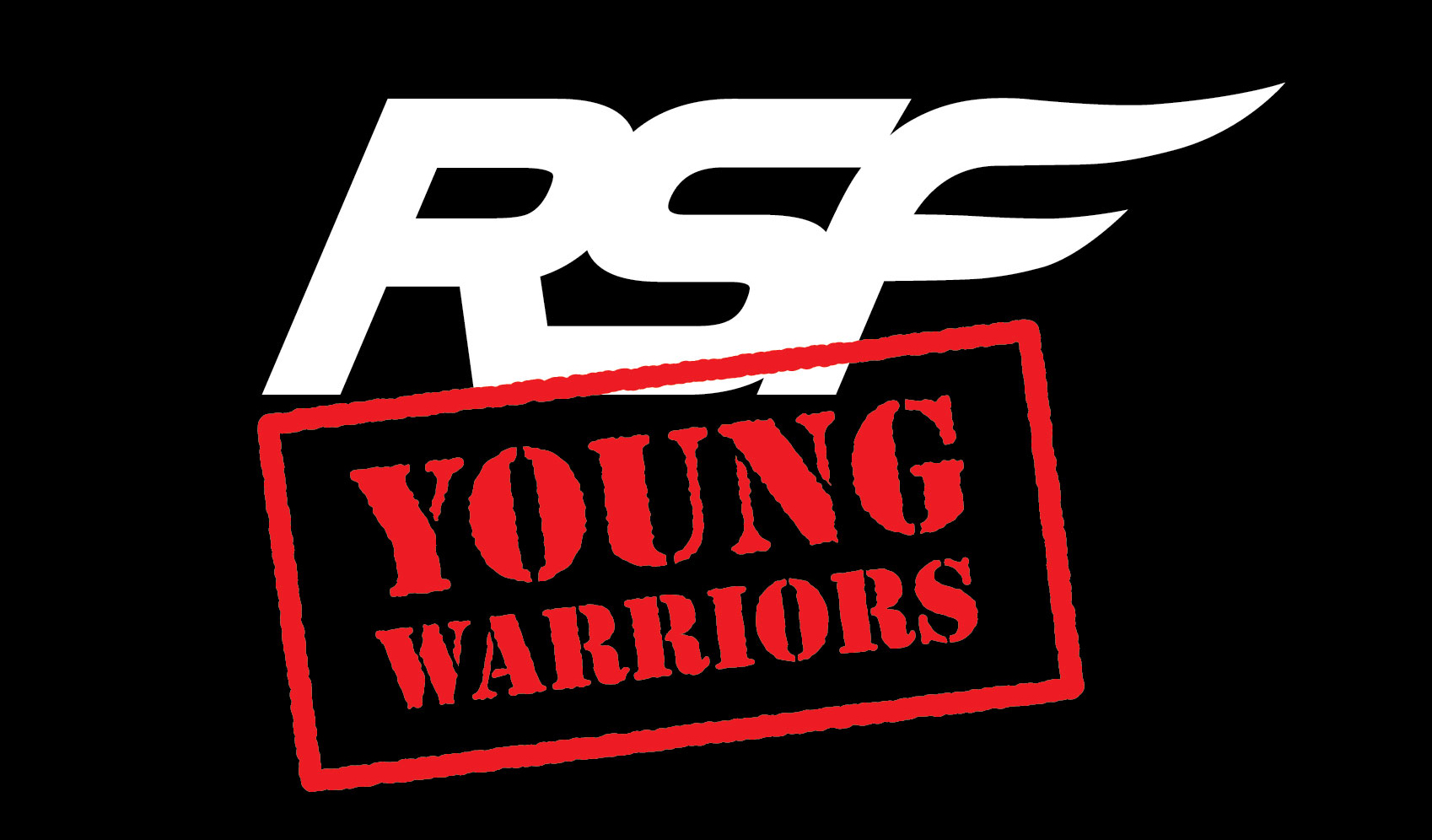June might be your in-season, or it may be your off-season… regardless of which you consider your in-season..something needs to be said about the “off-season”.
Before we get into the meat and patatahs, let’s discuss what the term “off-season” means..
off-sea·son
noun
1. a time of year when a particular activity, typically a sport, is not engaged in.
I am not saying to avoid the sport like you would avoid eye contact with an ex. What I am saying is that you should not be competing in your sport during the off-season. In fact, competing in your sport is the definition of being…
in-season.
We have a lot of parents and coaches wanting us to work with their athletes, but we are limited due to the fact that most athletes are COMPETING in their chosen sport, all year round, or at least pretty close to it.
Think of the off-Season as maintenance and tuning; You cannot race a car hard every single day at the track without something eventually breaking down. The human body responds in much the same way.
For anyone wanting to become a better athlete, they need to take advantage of the time they have and what they do with that time during the off-season. Not only will it help the athlete recover physically and mentally, it can be used to address some of the physical imbalances that are inherent with playing a competitive sport.
Almost every sport will place an unequal load on different parts of the body (other than poker… which is not a sport, so don’t even get me started). One leg or arm is used more than the other. Agonists (like the quadriceps) are stressed to a greater extent than antagonists (such as the hamstrings). In other cases, we have certain muscles doing the workload that another muscle should be doing, due to incorrect muscle firing patterns. Athletes are task orientated, and they will do almost anything to complete the task. If you need to kick a ball as hard as you can, or throw a ball as far as you can, your body will make it happen. Regardless of what firing patterns are occurring during the movement, your body will complete the task to some level of success. The ball may not travel as far as you were hoping, but your body performed how you wanted it to. A good off season training program will address these imbalances helping to prevent both acute and longer term chronic injuries.
Another objective of the off-season is to clean up movement patterns and help correct any postural issues which could cause damage down the road. This aspect of training has become even more important in today’s society. Think about the amount of time your kids spend sitting on the computer, texting on their phone, and sitting in classrooms. It is causing an epidemic of bad posture and inefficient movement in those compromised positions. Even worse, training and competing with these inefficiencies are a major contributing factor to several youth sports injuries that we see, such as; knee, low back and shoulder injuries. When you spend all day hunched over and your lower back is in excessive curvature, you develop poor posture. Spending all day sitting will also have your glutes in “stretch” causing tighter hip flexors and weaker glutes. This can set off any number of ailments when training load is increased. Addressing these issues is imperative to start the following season stronger and faster than ever.
During the off-season is the time to put on some much needed muscle! This is what will help with your explosive power, acceleration, speed and power… This is the Big Pappi of the off-season! Unfortunately, it is also the time that your body is actually at its weakest. By lifting heavy weights, you will be breaking down the muscle fibres (the fibres in which your muscles are made out of), in order to allowing them to grow back stronger and bigger. It is not possible to do this in a safe manner if we are breaking down muscle fibres, then expecting them to go and compete in their sport. This is just asking for trouble and increasing the risk of injury… anyone want to loosen all the screws in an airplane then go for a ride?… didn’t think soooo!
One of the most overlooked reasons that I find the off-season so important is the mental rest it offers. Competition is extremely taxing on the mind. Even when the body is at rest, the mind is still thinking of the game. Whether it is visualizing an upcoming event, or learning from previous events, it is always “on”. Every athlete needs time to totally shut off for a while to avoid burning out. In my opinion, this is even more important for youth athletes. At the end of the day, they are kids, let them be kids! If the passion and love for their sport is there, then an hour or two of video games will not hinder them as athletes.
Another topic I want to discuss is the idea of “multi-sports” athletes. I am a massive fan of kids that jump from sport to sport. I find that these young athletes are not only physically more prepared, but also mentally. This sport-shift is also sometimes what they will need mentally as it is a shift in gears and will keep them from burning out on the sport that they love. I highly recommend that you get involved in as many sports and activities as possible and within reason! This is an entirely different topic that I could go on about for years, so I will stop there.
I want to reiterate that I am not here to point fingers, I am not saying anyone is doing it wrong or that I know best. This is just one trainers opinion on the idea of off-season training! Allow yourself time to mentally and physically recover.Make the most of the time you have off, getting stronger, faster and more efficient! When it comes to kids, they need to love the sport in order to succeed in it. At the end of the day, let the kids be kids, and let them enjoy the game!


